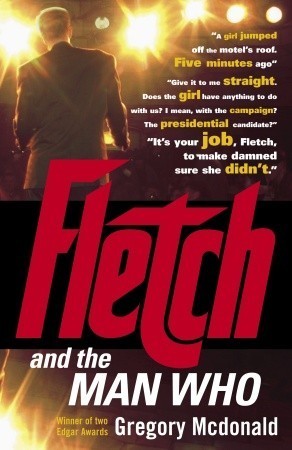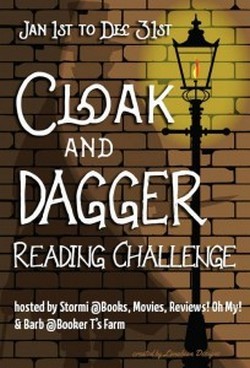What do you think?
Rate this book


224 pages, Paperback
First published August 1, 1983
“Good morning,” Fletch said. “As the governor’s press representative, I make you the solemn promise that I will never lie to you. Today, on this bus, we will be passing through Miami, New Orleans, Dallas, New York, and Keokuk, Iowa. Per usual, at midday you will be flown to San Francisco for lunch. Today’s menu is clam chowder, pheasant under glass, roast Chilean lamb, and a strawberry mousse from Maine. Everything the governor says today will be significant, relevant, wise, to the point, and as fresh as the lilies in the field.” ...
“Is it true you saved Walsh Wheeler’s life overseas?” Fenella Baker asked.
“That’s another thing,” Fletch said. “I will never evade any of your questions.” He turned the microphone off and hung it up.

Well now, you know that and I know that, but... somebody's bucking for a promotion. Probably that pederast Hanrahan. I don't know. All I know is if I don't go back with something, you and your son-in-law are going to be the scapegoats of the week.